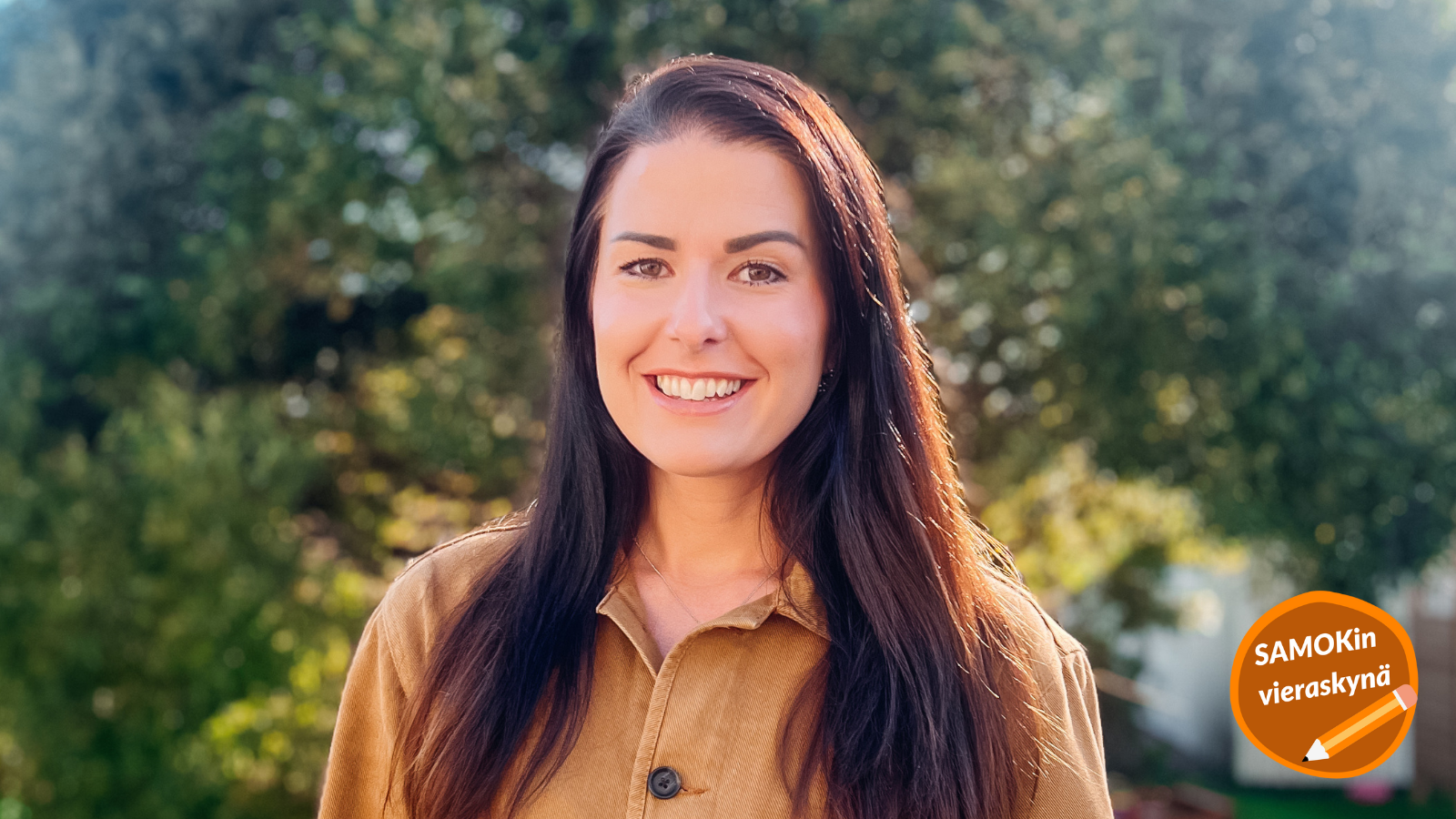Since 1994, UNESCO and Education International (EI) have celebrated World Teachers’ Day annually on October 5th. Being a teacher at a university of applied sciences is like standing at the crossroads where theory meets practice. It is at this intersection that real learning happens – when theoretical knowledge blends with practical situations, allowing students to grow into skilled and independent professionals. As a nursing teacher at a university of applied sciences, I have the privilege of walking alongside future nurses as they take their first tentative steps – perhaps through nervous injection practices – and helping them develop into confident professionals capable of making informed decisions during internships. And yes, I still feel just as proud every time a student succeeds.
For me, teaching is all about encouraging critical thinking, creativity, and self-confidence in every student. My role goes far beyond traditional instruction; I am here to guide, inspire, and support students on their journey to becoming professionals. At the same time, it’s my responsibility to challenge them to step outside their comfort zones and take the initiative – because that’s where true progress happens. One of the key strengths of education at a university of applied sciences is that it prepares students for the realities of working life, where independence, responsibility, and problem-solving skills are essential. It’s not just us teachers who shape their education – the students’ own involvement and commitment play a critical role as well. This means that students need to actively engage in their own learning process – to be curious, ask questions, and independently seek the knowledge they need to grow in their chosen field.
For me, learning is a two-way process. I guide my students, but I learn just as much from them. Through their questions, perspectives, and engagement, I gain new insights into healthcare and how we can continually improve our teaching and mentoring approaches. Learning also happens among the students themselves. When they solve problems together, they develop their own skills and the ability to see things from different perspectives. In group work, students practice listening, giving and receiving feedback, and working towards common goals – all essential skills they will need in their future professions.
Teaching at a university of applied sciences is not without its challenges. One of the biggest is keeping education relevant and up-to-date in a working life that is constantly evolving. This means that we, as teachers, must be flexible and ready to adapt our courses to new trends and technologies. Another important aspect is the close collaboration we have with the industry. This partnership not only provides our students with valuable contacts and internship opportunities, but it also keeps us teachers up-to-date and inspired.
So, what makes me proud to be a university of applied sciences teacher? It’s the opportunity to be part of this incredible blend of theory and practice, science and humanity, where every day is a chance to learn something new together. Being involved in shaping the future of nursing – preparing individuals who will one day make a real difference in people’s lives – is truly a privilege.
Writer Jenny Österbacka
Lecturer (Nursing) and Study Counsellor, Högskolan på Åland
Teacher of the Year 2024

